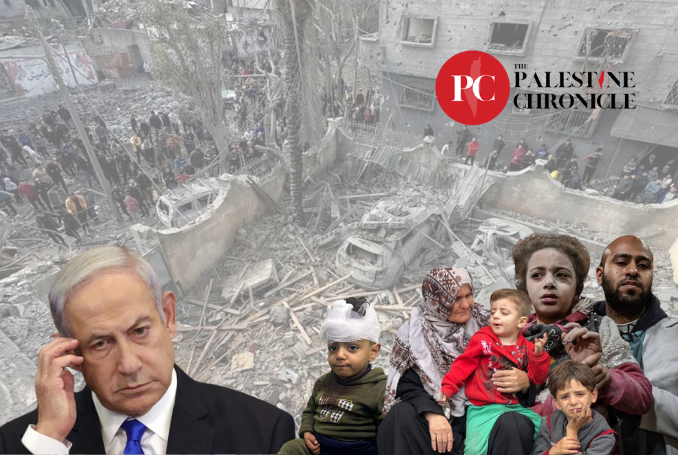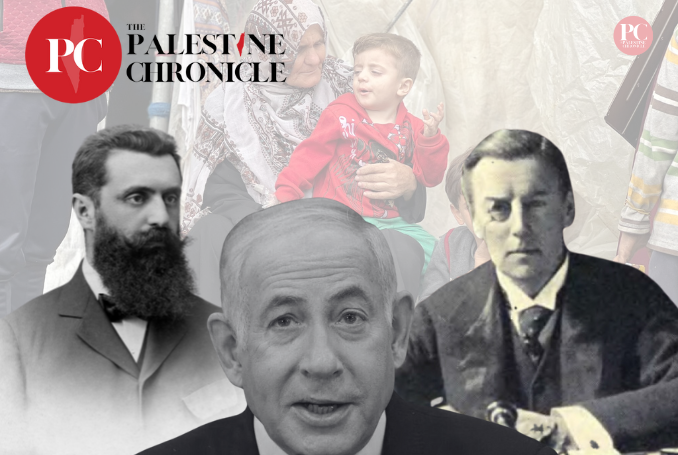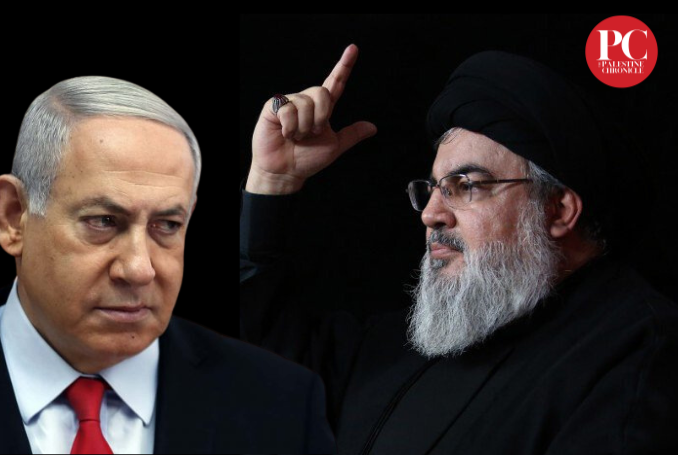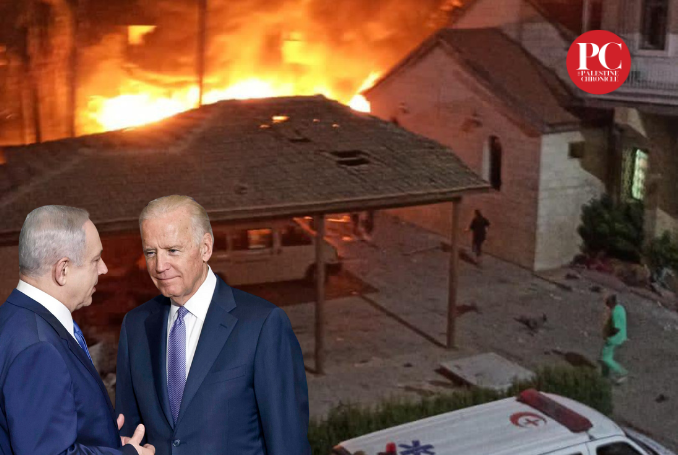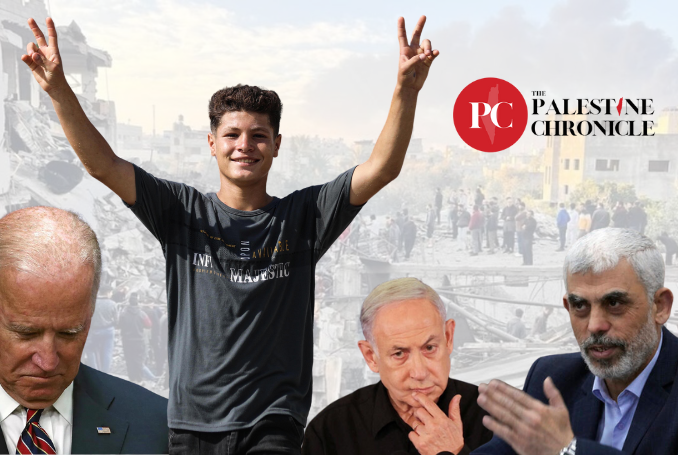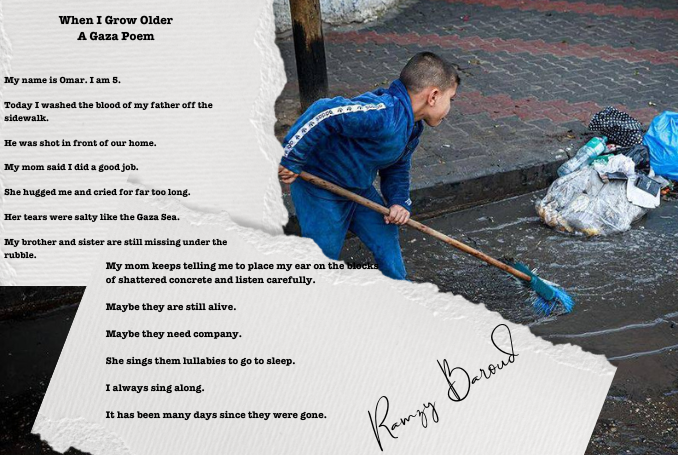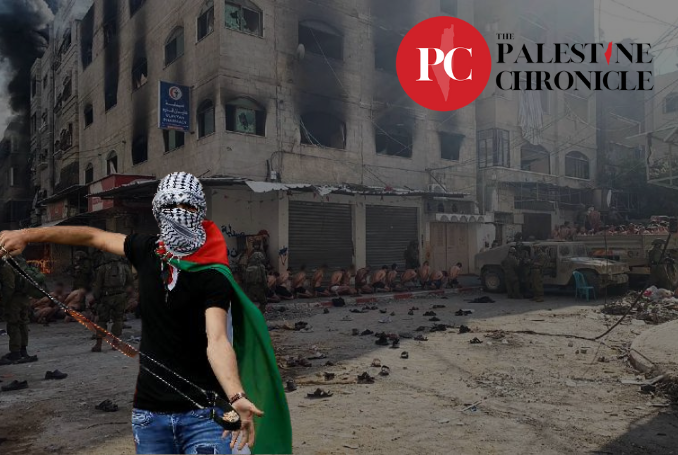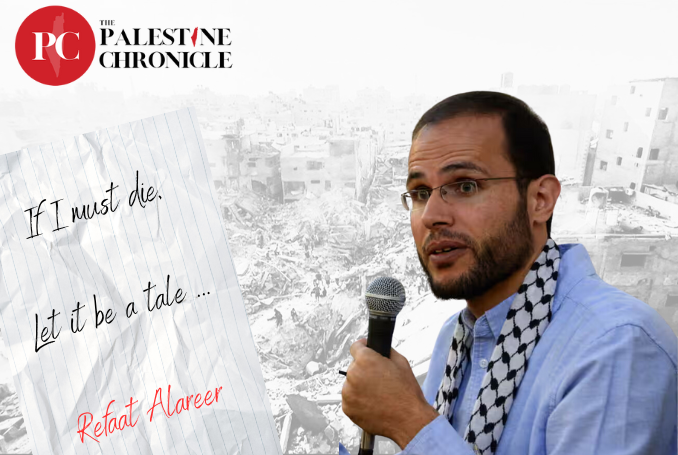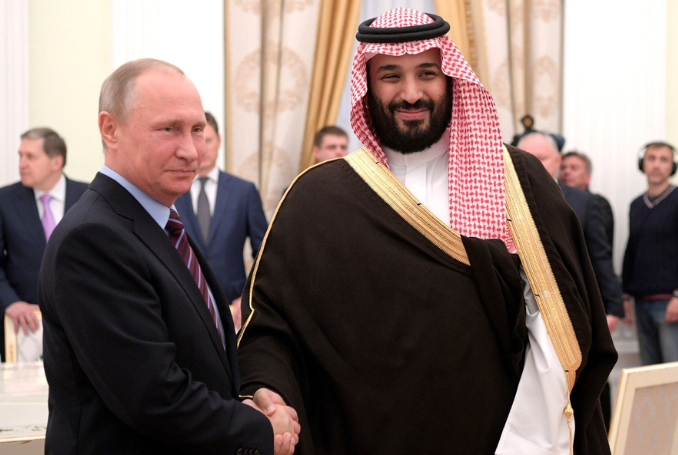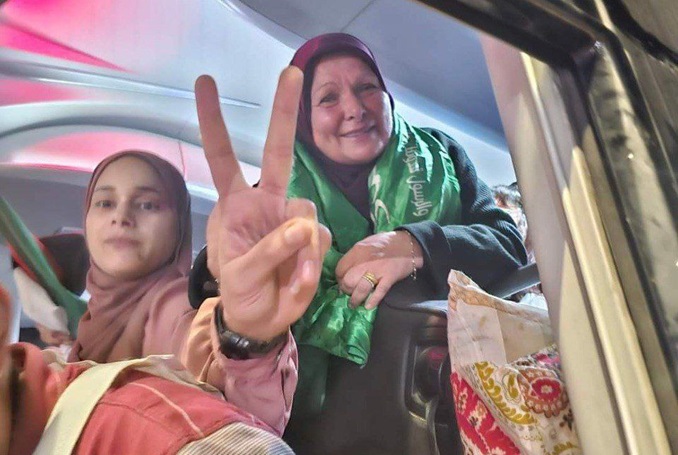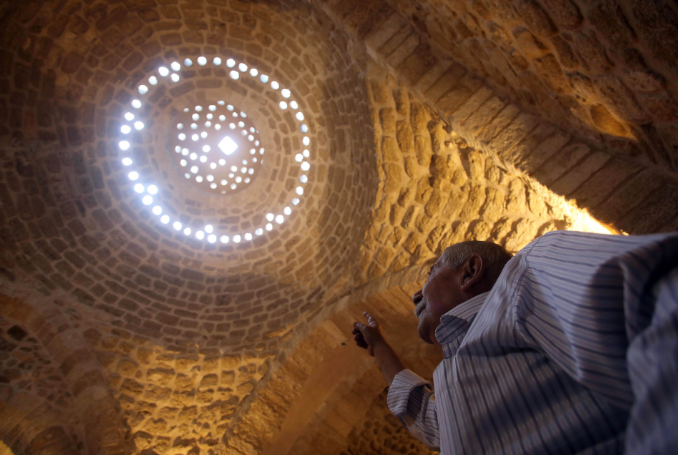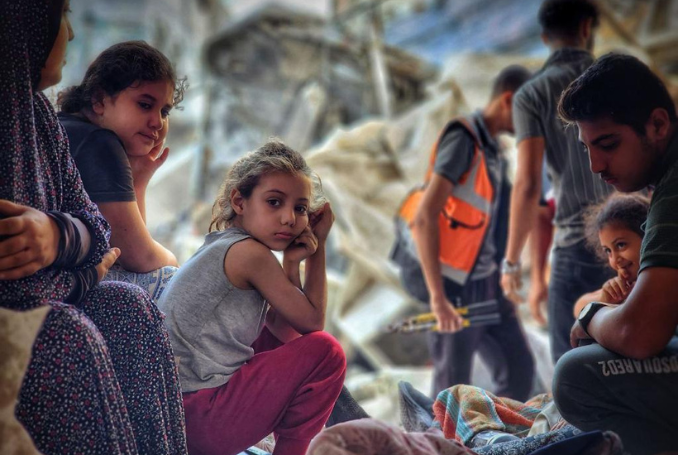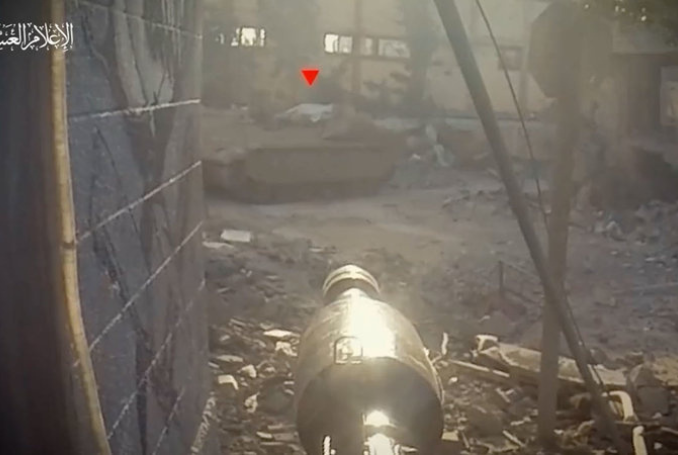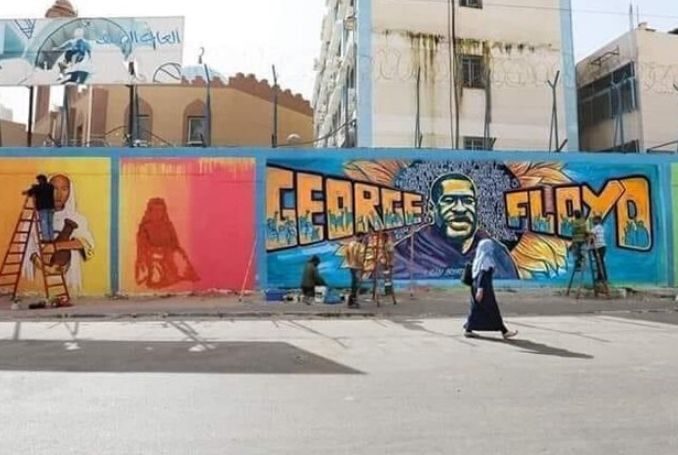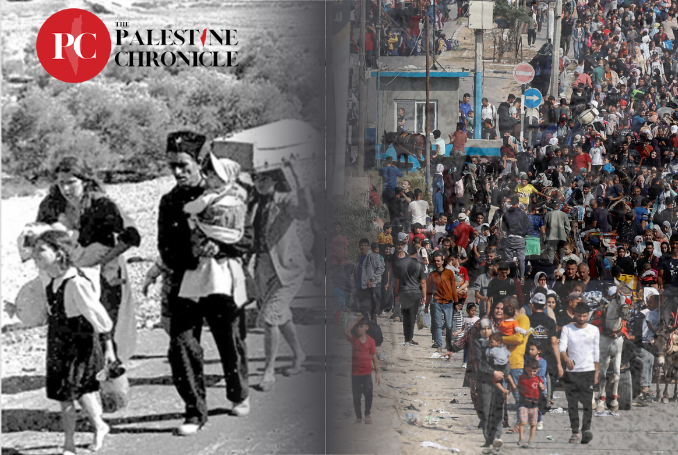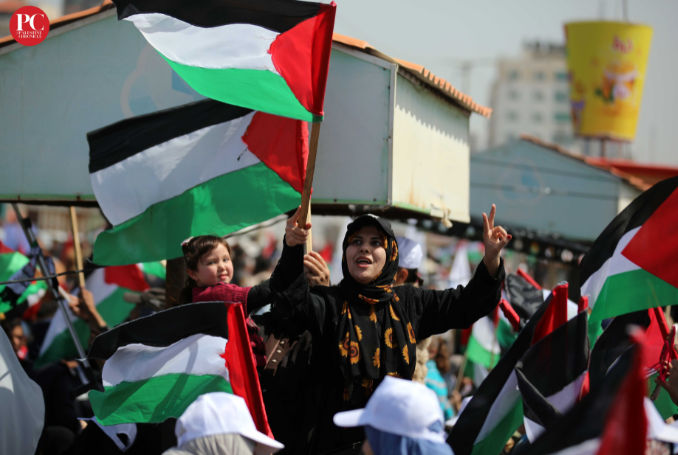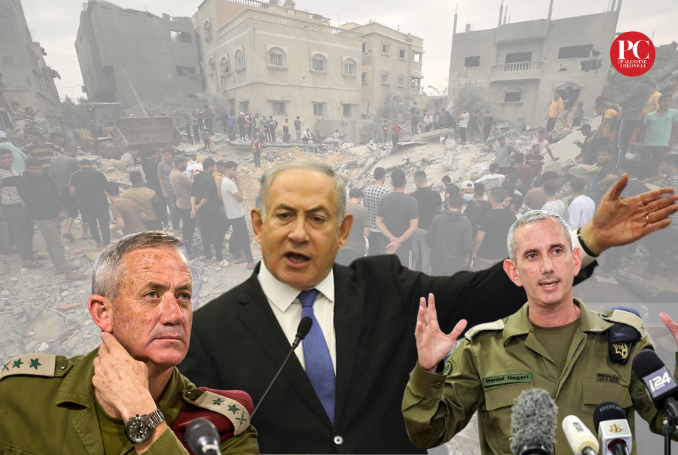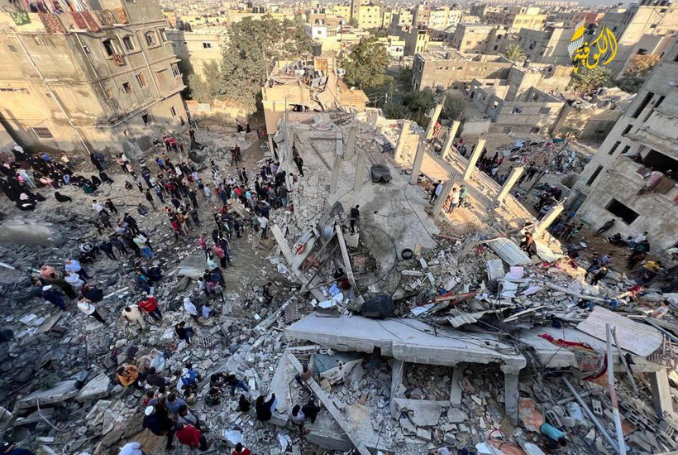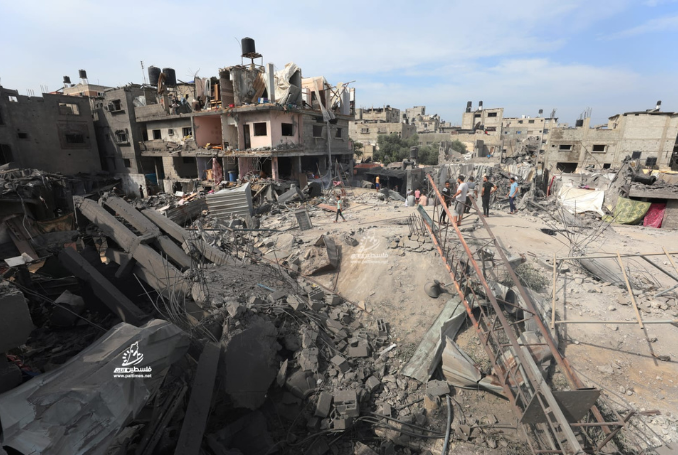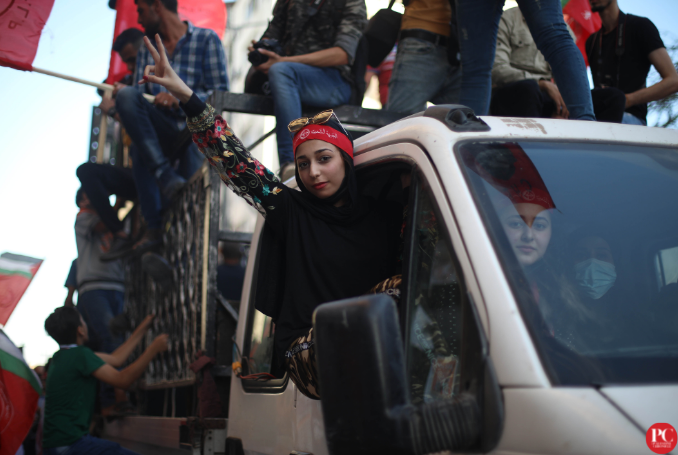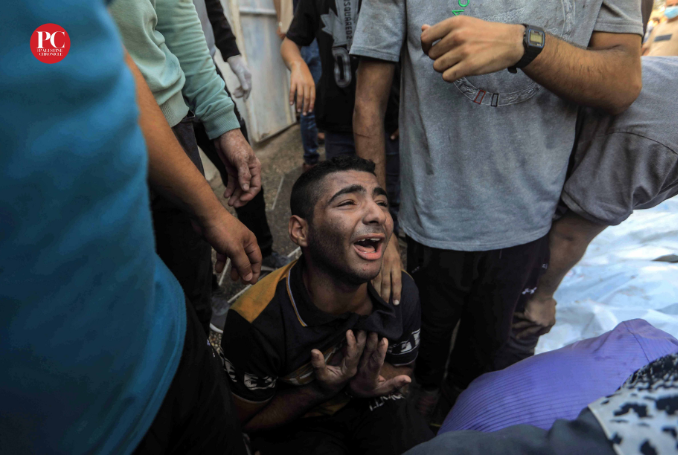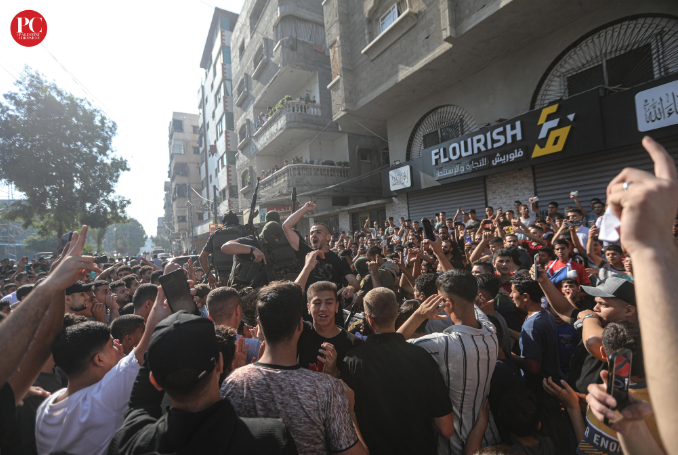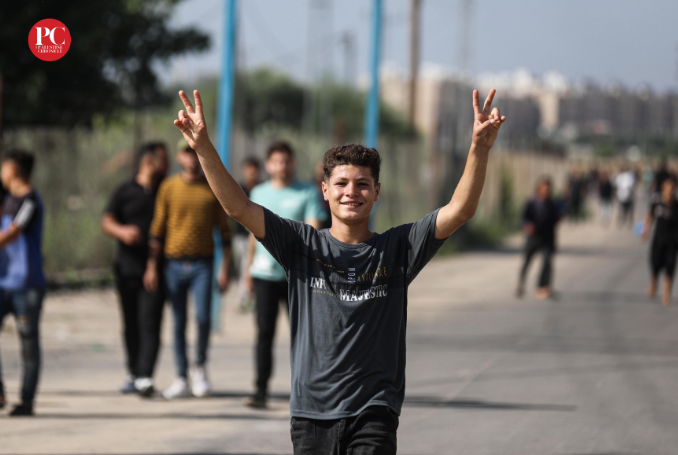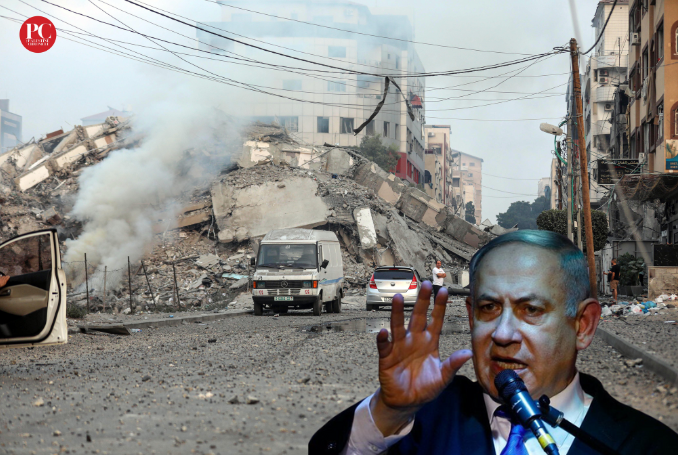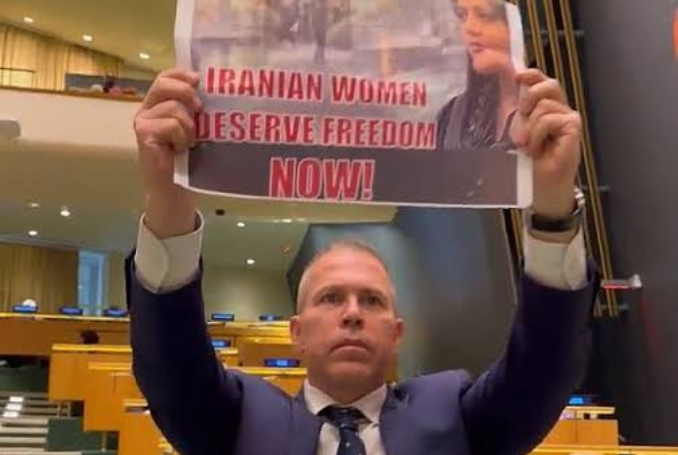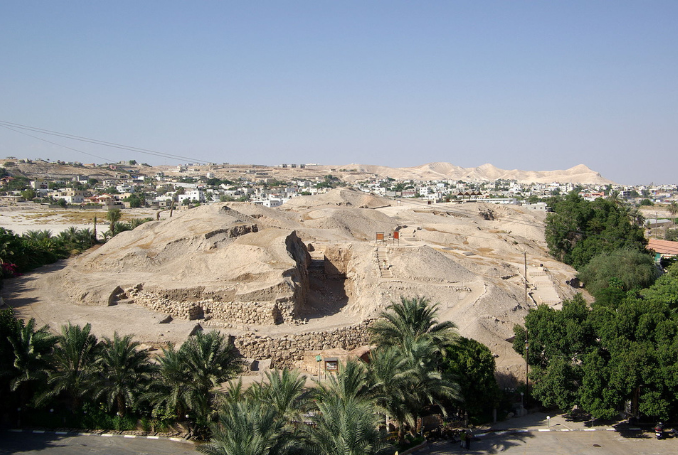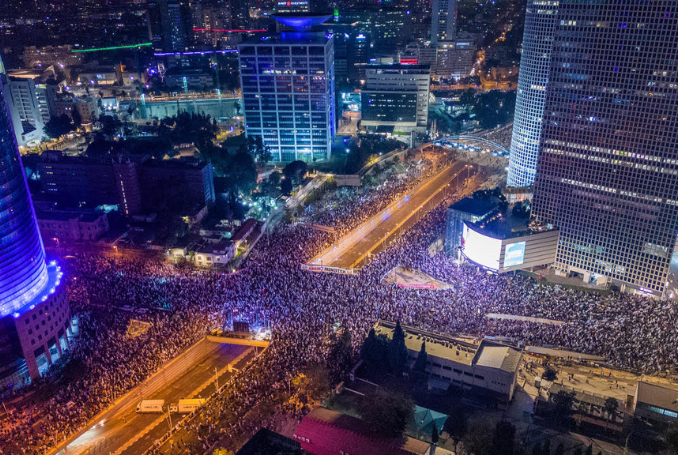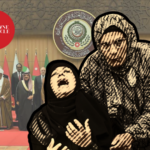- May 23, 2025
Palestine/Israel
100 Days and Counting of War: Legendary Palestinian Resistance Will Be Netanyahu’s Downfall
By Ramzy Baroud Law number one in the ‘law of holes’, is that “if you find yourself in a hole, stop digging.” Law number two, “if you are not digging, you are still in a hole”. These adages sum up Israel’s ongoing political, military and strategic crises, 100 days following the start of the war […]
From Gaza to Congo: How Palestinians Became Victims of Zionist History
Not only is Israel now assuming the role of the mass killer but the rest of the Western world continues to play the role assigned to them in this historical tragedia.
A ‘Genocidal Maniac’: What is Netanyahu’s Ultimate Goal in the Middle East?
Netanyahu must be restrained. If not, the Israeli genocide in Gaza will multiply into other genocides throughout the Middle East.
Rage over Gaza: Washington Will Pay for Its Support of Israel
“In the end, love will return in a different way,” Kafka wrote. He is right. But hate, too, tends to return as well, manifesting itself in myriad ways.
‘In a Roaring Flood’: How Israel Provoked October 7 Attacks, Yet Was Caught by Surprise
While Israel is determined to end Palestinian Resistance, the Palestinian people’s determination to win their freedom is far greater.
When I Grow Older – A Gaza Poem
A poem to Gaza’s little angels – in heaven, and here on earth.
Urinating on Prisoners: How Palestinian Pride Canceled Israel’s ‘Politics of Humiliation’
Throughout its history – violent birth and equally violent existence – Israel has purposely humiliated Palestinians as an expression of its disproportionately greater military power over a hapless, confined and mostly refugee population.
‘Let It Be a Tale’: Israel Kills the Storytellers of Gaza but Will Not Kill the Story
These storytellers were all killed by Israel, with the hope that the stories will die with them. But Israel will fail because the collective story is bigger than all of us.
Moscow and Gaza: Is Russia Ready for a Major Shift in its Middle East Policy?
Time will tell whether Russia will be able to stake a claim and help define a new Middle East in the post-Gaza war.
Dying to Be Free: Releasing Palestinian Detainees is Not a Numbers Game
While Israelis see their captives, whether civilians or military, held in Gaza in terms of numbers, Palestinians approach the issue from an entirely different perspective.
The Untold History of Gaza: On Conquerors, Resurgence and Rebirth
What is taking place in Gaza now is but an episode, a traumatic and a defining one, but nonetheless, a mere chapter in the history of a people who proved to be as durable and resilient as history itself.
Liberation Begins Now: Time for Palestinians to Protect Their Collective Sumud
The truth is that Palestinians have succeeded, through their resistance and sumud, in reasserting Palestine on the global agenda.
Priority of the Oppressed: Let the Small, Red Triangle Guide You
If you ever struggle in deciphering the difference between Palestinian priorities and all others, simply look for that small, red triangle. It will guide you.
Ours is an Indigenous Struggle: How Gaza United the World
The consequences of this war will certainly be felt for many years to come, not only in Palestine or even the Middle East, but worldwide as well.
Time for Israel to Pay: This is How to Prevent a New Nakba in Palestine
The ‘Gaza Nakba’ must be rejected, not just by words, but through solid Arab and international action, to prevent Israel from taking advantage of the war to expel Palestinians out of their homeland, again.
Israel Will Not Defeat Gaza: A Lesson from History
The truth is Israel has no military option in Gaza, and those who support whatever military strategy Tel Aviv has in mind, are equally deluding themselves.
Mein Kampf in Gaza and ISIS Flags in Israel? Israeli Hasbara is Falling Apart
A whole generation, if not more, has already built a perception of Israel as a genocidal regime and no number of lies will ever lessen that.
Gaza is Hiroshima: The West is Collectively Responsible for Israel’s Genocide
Never again should the West be allowed to play the role of the mediator, the impartial politician, the judge or even the self-serving humanitarian.
Justice is Non-Negotiable: Why Israel Cannot Destroy Palestinian Resistance
It is time for us to speak about justice – real justice – the outcome of which is non-negotiable: equality, full political rights, freedom and the right of return.
The Gaza Manifesto: Why America’s Old Middle East is Crumbling
To think that tiny little Gaza is the spark that has refocused the energies of the whole region is a political miracle.
‘Human Animals’: The Sordid Language behind Israel’s Genocide in Gaza
It is time to start paying attention to how Israel’s genocidal language is translated to an actual genocide on the ground.
No Peace without Justice: Gaza Has Just Vanquished a 20-Year-Old Israeli Plan
The Israeli plan, however, was not a complete success. Palestinians continued to lead a massive campaign of resistance, involving all aspects of society in Gaza, the West Bank and Jerusalem.
The Gaza Inferno: Palestine Cannot Be Left alone, Anymore
For this vicious cycle to break, Palestine must, once more, become an issue that concerns all Arabs, the whole region.
A Day to Remember: How ‘Al-Quds Flood’ Altered the Relationship between Palestine and Israel Forever
What is crystal clear is that the fundamental relationship between the Israeli occupation and occupied Palestinians after October 7, 2023, is likely to be altered, and permanently so.
Netanyahu’s Impossible Options in Gaza: To Invade or Not to Invade
Netanyahu is desperate to show that Israel remains a powerful country and a regional power that deserves its often-touted status of having an ‘invincible’ army.
Ambassador of Israeli Crimes: This is How Gilad Erdan Become a Defender of Women’s Rights in Iran
A defender of war crimes, like Gilad Erdan, must not be allowed to serve two roles: an apologist for the mistreatment of women in Palestine, and a freedom fighter for women anywhere else.
Glorifying Hate: Golda Movie Shows that Zionism Remains Unrepentant
A new movie glorifying the legacy of Zionist leader and Israel’s fourth Prime Minister, Golda Meir, has been released in selected theaters in the US and Europe.
Fear of History: The Roots of Israel’s War on UNESCO
Israel has done more than attempt to rewrite history and to marginalize the main actors of Palestine’s historical narrative. It has also actively and continuously tried to eliminate the natives altogether.
Tel Aviv’s Losing Brands: Israeli ‘Coup’ and the Death of False Democracy
Certainly, what is taking place in ‘democratic’ and ‘stable’ Israel is truly unprecedented. Israel’s current vulnerability is accentuated by the massive and rapid changes to the political map of the Middle East and the world.
Humiliation vs. Self-Respect: The Untold Story of the Abuse of Palestinian Women in Hebron
Though the Hebron incident is a repeat of numerous violations of Palestinian rights and dignity spanning many years, there is still much we can learn from it.


